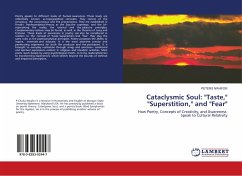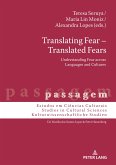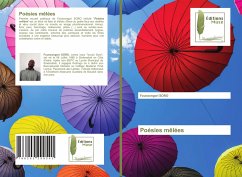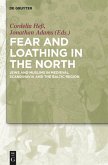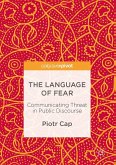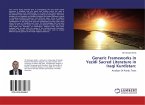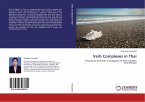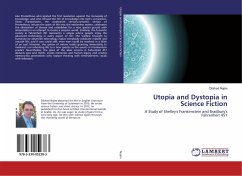Poetry speaks to different levels of human awareness. These levels are collectively known as topographical concepts. They consist of the conscious, the unconscious and the preconscious. They are established in Freud's Psychoanalytical theory as the Ego,the superego, and the Id-- represnting the reality, the rational and the pleasure principles; Complementary notions may be found, as well, in the theories of Jung and Erickson. These levels of awareness in poetry can also be considered in relation to the concept of "taste,"superstition,"and "fear" they play the same roles as the psychoanalytical principles. Poetry possesses the ability to inspire, entertain and educate. It is the most attentive precise and penetrating experience for both the producer and the participant. It is brought to everyday realization through songs and sanctions-- emotional and spiritual expressions evident in religious and ritualistic activities. Most poets reach deeply by using psychological motifs, to bring readers/listeners to transforming experiences, which stretch beyond the bounds of method and emperical perception.

